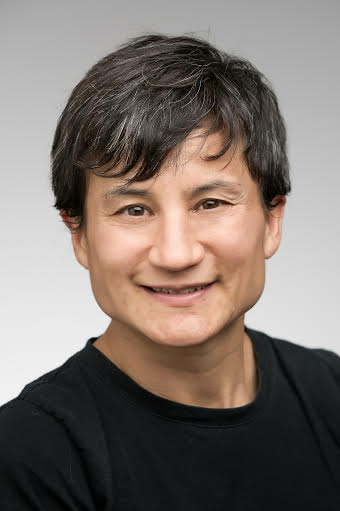President’s Professor in Energy Helps ACEP Tackle Unique Challenges of the North

ACEP is excited to welcome an engineer who was trained in Alaska and who returns this January to tackle the unique energy challenges of the North.
Mariko Shirazi is the first University of Alaska President’s Professor in Energy, a new position to recruit top scholars to the faculty. “I’ve always wanted to come back,” she said. “I still have really good friends up there, and it’s a completely different lifestyle that I look forward to.”
After studying mechanical engineering at UAF, Shirazi earned a Ph.D. in electrical engineering from the University of Colorado Boulder. She focused on power electronics, the black boxes that allow us to add renewable energy and energy storage technologies to the electric grid.
Shirazi continued her research at the National Renewable Energy Lab, where she worked on microgrids for more than 15 years. Microgrids are power systems that can operate independently or be connected to the grid, the type of systems found in villages throughout rural Alaska.
While at NREL, Shirazi built a microgrid, including the power electronics to integrate solar photovoltaics and batteries with diesel generation, and the control algorithms to control all the power devices. “I think having this vertical understanding of how these small power systems work, especially at the lowest level, will be valuable in this new position,” she said.
Shirazi will be based at ACEP, where she will work on a Grid Bridging project and continue looking at ways to integrate distributed energy resources into our power system.
Photo by Dennis Schroeder/NREL.


